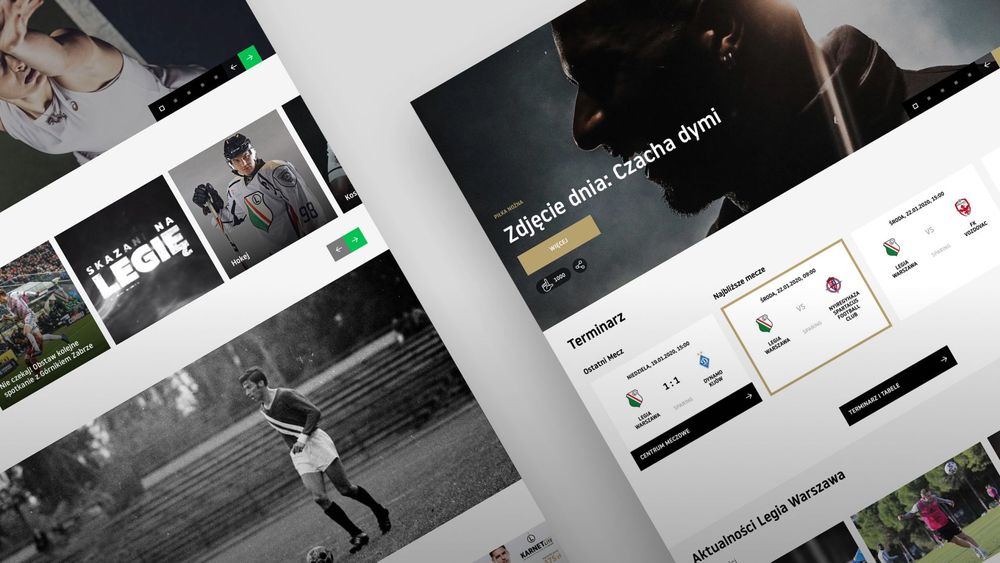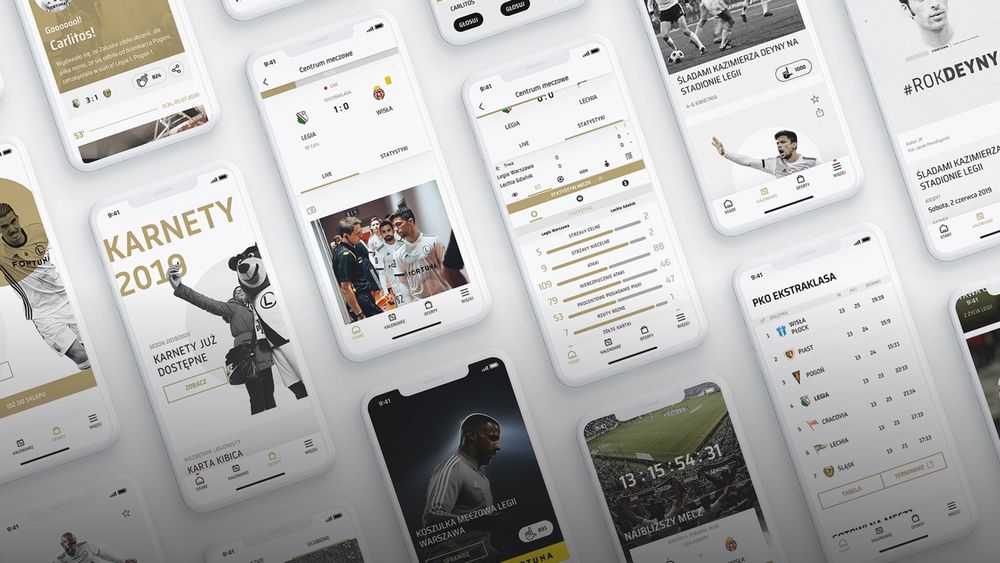A comprehensive pre-implementation analysis for an innovative app

Client
This case study is part of a series dedicated to our pre-implementation analysis projects. The digital products discussed are often in the developmental stage and have not yet been released to the public. As such, certain critical information must be treated as confidential.
Our client is a startup founded by a diverse team with experience spanning across the fitness, tech, and design industries. They conceived the idea for their business based on real-life experiences of professionals just like them and challenges they face while trying to stay consistent with their fitness routines. While the startup accurately identified the unmet needs of their target group, they struggled to solidify their business model and translate their vision into technical requirements. Seeking assistance, they partnered with hero/dot for a pre-implementation analysis project.
Hero/dot played a crucial role in our new business concept.
They helped us define the business, prepared the business model, conducted a pre-implementation analysis and developed a detailed application scheme, enhancing its appeal. Their guidance for investment rounds was invaluable, instilling confidence in investors. Their professionalism and attention to detail made our collaboration enjoyable. I recommend hero/dot for any company seeking a partner who delivers results.Caspar Raab
CEO


Challenge
The client approached us with initial market research, some unique selling propositions (USPs), and initial drafts of the app's visual identity and screen mockups. However, they needed help in refining and expanding their vision. The pre-implementation analysis phase aimed to achieve four key objectives:
- Business Model: Develop a viable business model, with a focus on customer segments, value proposition, and revenue streams.
- Technical Requirements: Translate business objectives into feasible technological solutions.
- Competitive Advantage: Analyze the competition to identify what sets the app apart in the market.
- Investment Memo: Create comprehensive documentation for future investor presentations.
Team
Development
Tech Lead
Project Manager
Business Analyst
Account Manager
IT & System Analyst
Design
UX/UI Designer
Product Designer
Engagement

Solution
Pre-implementation Analysis Workshops
To unlock our client’s idea's full potential and gain a deeper understanding of their needs, we initiated the discovery process with pre-implementation workshops. The entire project team, led by the Engagement Designer, actively contributed their multidisciplinary knowledge as workshop participants. These two 4-hour collaborative sessions utilized our custom value proposition and business model canvas templates to crystallize the client team’s vision.
Following discussions from the workshops, the client opted to shift focus from end users (B2C model) to business users (B2B). Truth be told, there were considerations of adding a business panel for companies, but the discovery of hidden potential of entering this niche in the market led to a reprioritization in subsequent pre-implementation stages.
Business & Engagement Research
This phase integrated both business and engagement perspectives, while also incorporating the needs and pain points of business customers, service providers, and end users. Research components included:
- Market Overview: Examining the size and key drivers of the fitness industry in the selected market.
- SWOT Analysis: Evaluating strengths, weaknesses, opportunities, and threats for informed decision-making.
- Competitive Analysis: Comparing the app with eight key competitors, focusing on business models, offerings, open locations, branding, target audience, messaging, social media presence, and customer reviews.
- USP: Highlighting the app’s distinctive features and benefits for each of the three customer segments.
Business Analysis
This was perhaps the most critical part of the analysis in terms of guiding potential implementation, as it covered:
- User Segmentation: Overviewing the needs and goals of different user segments in terms of app features.
- Feature Backlog: A comprehensive list of high-level features categorized into six panels.
- App Flow: Detailed charts outlining the user's navigation path from start to finish.
- Cost Estimation & Roadmap: A project implementation timeline with milestones and estimated costs.
Tech Recommendations
Informed by our tech lead's insights, we proposed:
- Technology Stack: Recommending battle-tested technologies, including ASP .Net 7 for backend, Angular for frontend, AzureSQL or PostgreSQL for the database, and Flutter for mobile.
- Architecture Solutions: Accompanied by diagrams and a list of necessary tools.
- Integration Tools: Covering various areas, from authentication to payment control.
Design Recommendations
As a gesture from our team, we created a new and improved version of the app’s visual identity to align with the shift towards business customers. Two look & feel options were presented, with the client unanimously selecting the more corporate-adjacent one.
- Logo: Drawing inspiration from fitness trackers, the logo design features distinctive line shapes.
- Color Palette: The vibrant yellow & purple color palette exudes positivity and motivation.
- Target Audience: Seamlessly combining fitness aesthetics with a corporate feel, the visual identity appeals to both B2C and B2B segments.
In the realm of pre-implementation analysis, we navigate the terrain of uncertainty, uncovering novel avenues for success.
This phase often becomes the epicenter of significant shifts in direction. In this case, the initial analysis prompted a strategic move from B2C to B2B. Pre-implementation analysis boils down to making crucial adjustments before they escalate into costly development endeavors. It's essentially about being proactive and adapting to changes, ensuring a smoother path to success.Michał Wapiński
Innovation Product Manager


Results
The three-month collaboration with our client resulted in over 10 documents that will guide the app's implementation. However, before their vision becomes a reality, the startup needs to obtain vital financial support from investors.
Investment Memo
In the final step of the process, our team carefully crafted the Investment Memo, providing the startup with a complete set of necessary documents for investor rounds. This encompassed detailed preparation for presenting their innovative idea, so that they could make a compelling case and secure essential funding.
Have an innovative idea for a digital product? Contact us now to schedule
a 2-hour-long,
personalized workshop!
Remember, the decision to continue working with us afterwards is entirely up to you.
More case studies

